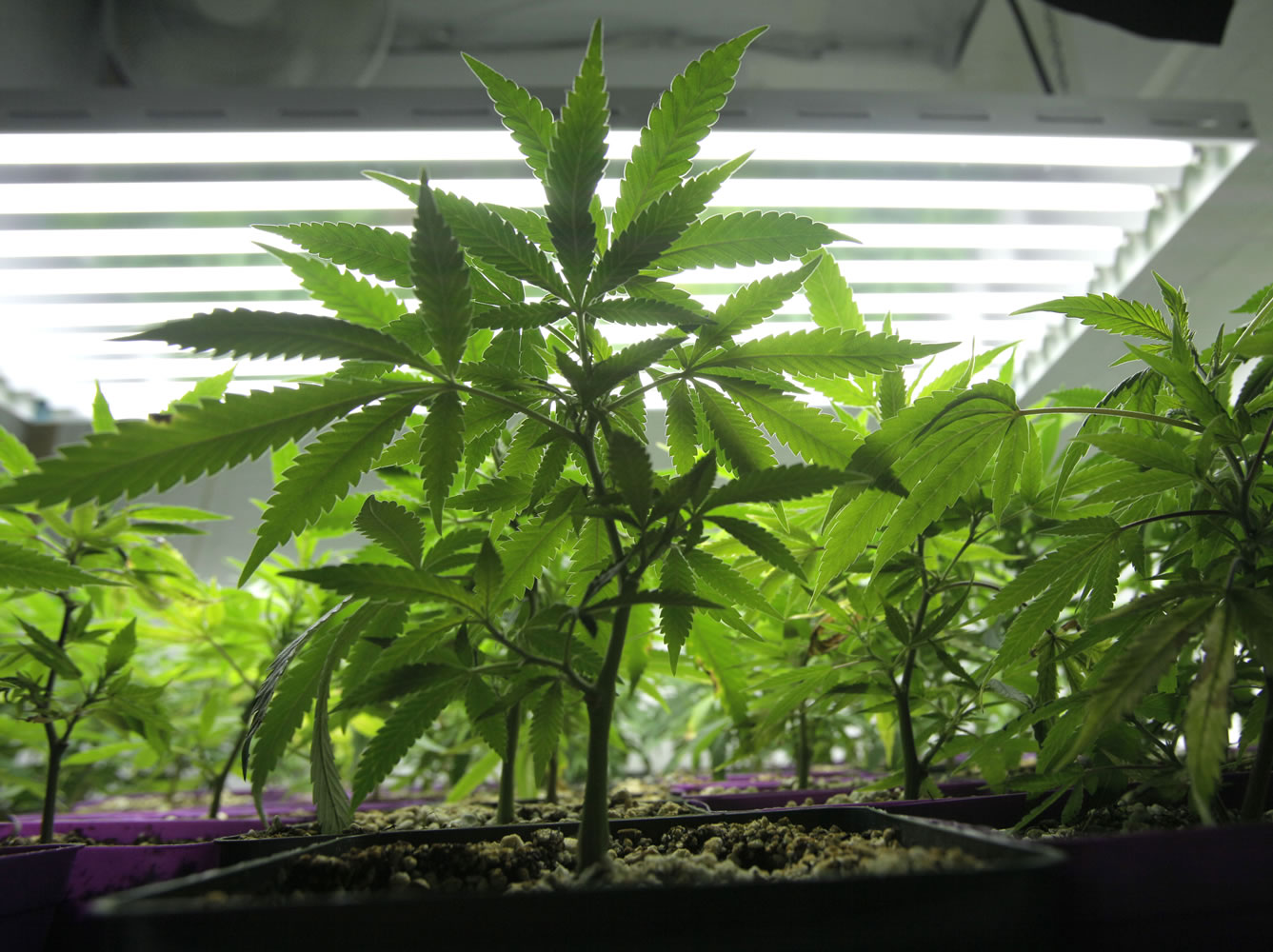WASHINGTON — From his porch overlooking Seattle’s Lake Union and Interstate 5, former U.S. attorney John McKay can see tractor trailers speeding down the freeway. McKay has strong suspicions about the cargo some of them are carrying.
“I know that there are trucks going down that freeway filled with marijuana,” says McKay, who until 2007 was western Washington’s chief federal law enforcement official responsible for prosecuting drug crimes, including marijuana trafficking over the U.S.-British Columbia border.
Now a law professor, McKay is a leading supporter of Washington’s Initiative 502, which would decriminalize and regulate recreational marijuana use by adults. “I know the federal government does not have a plan to eliminate this income stream to the drug cartels,” he says. “The only thing I think will change (federal marijuana policy) is when states begin to revolt.”
In November, that revolt could begin in Washington, Oregon or Colorado, where voters will decide if they want to legalize and regulate recreational marijuana consumption and production. Any of these initiatives would put the states in conflict with federal law, which classifies marijuana as a controlled substance with no acceptable medical use.
All three states already allow medicinal marijuana use, which is also against federal law, but these initiatives would push even harder against federal restrictions by allowing recreational use of marijuana for adults 21 and over, allowing possession of up to an ounce of marijuana, and providing for the creation of a regulatory system which would authorize dealers and heavily tax marijuana sales.
Recent polls suggest that the initiatives have a real chance of becoming law. Forty-nine percent of Colorado voters think marijuana should be legal, according to the newest polling data out last week from Public Policy Polling. The same pollsters found that 50 percent of Washington voters want to legalize and regulate marijuana and 43 percent of Oregon voters support legalization. And in the most recent national Gallup poll, a record 50 percent said they support marijuana legalization.
Keith Stroup, who founded the National Organization for the Reform of Marijuana Laws, says that the ballot initiatives are the only way to change federal marijuana policy. “With full legalization,” Stroup says, “part of the strategy is to create that conflict (with federal policy). If the federal government is not going to discuss marijuana policy, we will force that discussion.”



